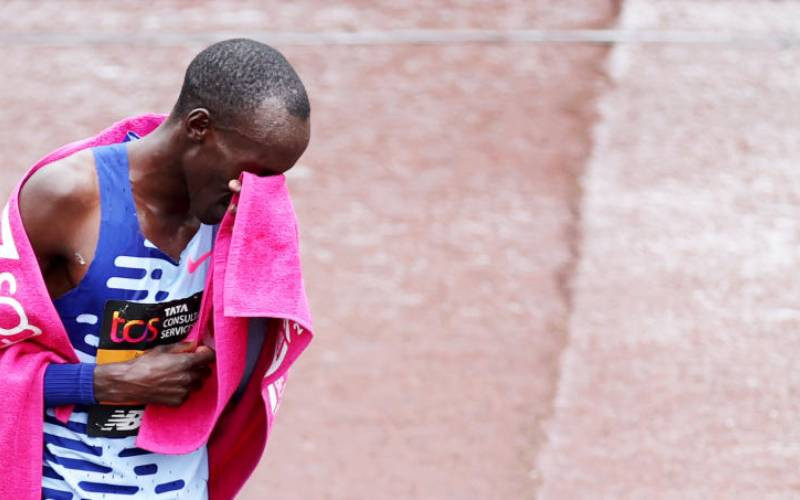South Sudan: Emergency food aid, normal rainfall and the start of the harvest have helped to stave off famine in South Sudan, the latest analysis shows, but there is a risk of mass starvation in early 2015.
Aid agencies scrambled to avert famine in South Sudan by launching the world’s largest humanitarian operation after fighting erupted in the world's youngest country in December.
Some 10,000 people have died and 1.7 million, one seventh of the population, have been displaced since conflict broke out between President Salva Kiir's government forces and rebels allied to his former deputy Riek Machar.
“There is no famine in South Sudan,” the agriculture, fisheries, cooperatives and rural development ministry said in a statement. "Food security across the country has begun improving and is expected to continue on a positive trend through December.”
But the World Food Programme, looking ahead, said “The outlook remains grim for early 2015, especially in conflict affected states.”
“Food security may deteriorate sharply early next year as their food stocks run out,” it said in a statement.
The number of people in crisis and emergency, phases three and four on a five-point scale where five is famine, has fallen to 1.5 million from 3.9 million, experts said on Tuesday.
The Integrated Food Security Phase Classification (IPC) assessment was carried out by hunger experts from aid agencies and the government.
A famine is declared when at least 20 percent of households in an area face extreme food shortages with a limited ability to cope; acute malnutrition rates exceed 30 percent; and the death rate exceeds two people per 10,000 per day.
In Somalia’s 2011 famine, the majority of the 260,000 people who died lost their lives before famine was officially declared.
Aid agencies called for continued funding for the crisis in South Sudan, which has received almost $1.2 billion from donors this year.
“When we get distracted by language and trying to define a problem in abstract percentages we can forget that every night more people than the population of the city of Los Angeles go to sleep hungry,” WorldVision’s South Sudan Program Director Perry Mansfield said in a statement.
Malnutrition rates remain above the emergency threshold of 15 percent in most of the country, the IPC said.
The number of people in IPC phases three and four is predicted to rise to 2.5 million in January. Experts will have a clearer picture of the situation when the October harvest is in.
Stay informed. Subscribe to our newsletter
 The Standard Group Plc is a
multi-media organization with investments in media platforms spanning newspaper
print operations, television, radio broadcasting, digital and online services. The
Standard Group is recognized as a leading multi-media house in Kenya with a key
influence in matters of national and international interest.
The Standard Group Plc is a
multi-media organization with investments in media platforms spanning newspaper
print operations, television, radio broadcasting, digital and online services. The
Standard Group is recognized as a leading multi-media house in Kenya with a key
influence in matters of national and international interest.
 The Standard Group Plc is a
multi-media organization with investments in media platforms spanning newspaper
print operations, television, radio broadcasting, digital and online services. The
Standard Group is recognized as a leading multi-media house in Kenya with a key
influence in matters of national and international interest.
The Standard Group Plc is a
multi-media organization with investments in media platforms spanning newspaper
print operations, television, radio broadcasting, digital and online services. The
Standard Group is recognized as a leading multi-media house in Kenya with a key
influence in matters of national and international interest.








